
Ever looked in the mirror and wondered if your lifestyle choices are catching up to you faster than you’d like? We all know that aging is a natural, inevitable process, a journey that our bodies embark on from the moment we’re born. However, what many of us don’t realize is just how much influence our daily food choices have on the speed and visible signs of this process.
It turns out, the old adage ‘you are what you eat’ holds a powerful truth, especially when it comes to maintaining a youthful appearance and vibrant health. While we can’t stop the clock, doctors and nutrition experts are increasingly highlighting that we absolutely can slow it down. The key? Fueling our bodies with nourishing foods and, perhaps more importantly, knowing which seemingly innocent items on our plates might be secretly accelerating our aging.
Get ready to uncover the truth behind some common dietary delights that could be sabotaging your quest for a more youthful glow. We’re diving deep into the science and expert opinions to reveal the first five foods that medical professionals say are contributing to accelerated aging, offering you the insider knowledge you need to make more informed choices and protect your skin and overall vitality.
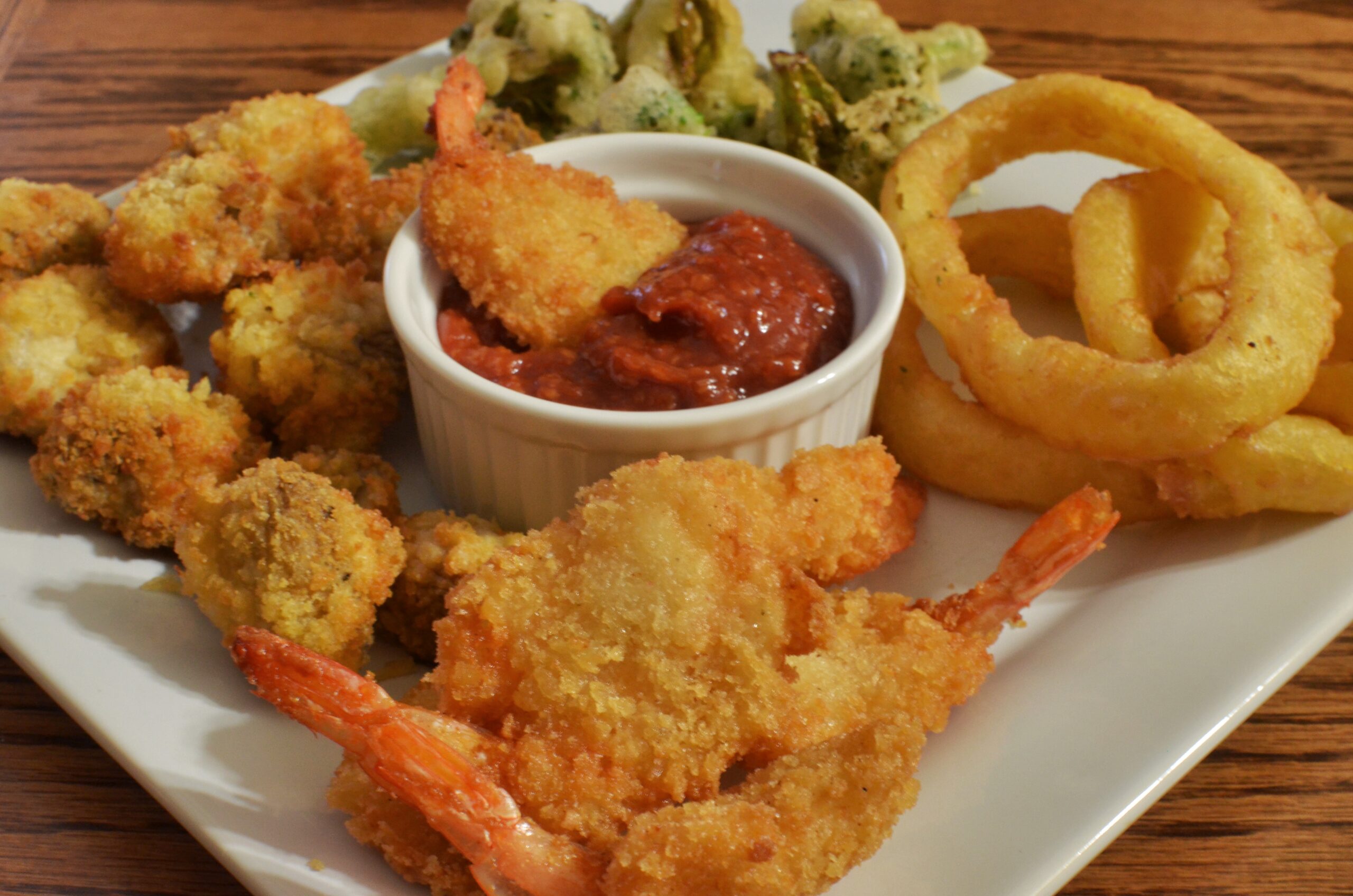
1. **Fried foods**There’s something undeniably comforting and incredibly satisfying about the crispy, golden goodness of fried foods, isn’t there? Whether it’s a basket of french fries, a plate of perfectly fried chicken, or even those delectable donuts, the appeal is universal. But as much as we might adore these crunchy indulgences, doctors are sounding the alarm, revealing that the very method of their preparation is a major player in speeding up the aging process.
When you plunge food into hot oil, especially at the high temperatures required for frying, a chemical reaction occurs that releases a bombardment of what are known as ‘free radicals.’ Think of these as tiny, unstable molecules roaming freely within your body, causing mayhem by attacking and damaging your healthy cells. This widespread cellular damage isn’t just a minor issue; it’s a fundamental process that chips away at your body’s youthful resilience.
This free radical activity initiates a particularly unwelcome process called ‘cross-linking.’ Imagine the delicate, intricate latticework of your skin – the collagen and elastin fibers that provide its bounce and firmness. Cross-linking essentially forms undesirable bonds between these fibers, making them rigid and less flexible. This unfortunate phenomenon directly ‘weakens skin elasticity,’ leading to a noticeable decline in the suppleness and youthful bounce that we all strive to maintain.
Beyond just the skin, cross-linking also ‘negatively affects molecules in the body,’ disrupting various cellular functions. What’s more, this process severely ‘affects your body’s ability to remove toxins,’ hindering your natural detoxification pathways. When your body struggles to efficiently flush out harmful substances, these toxins can accumulate, and the consequences often manifest externally, visible as ‘skin damage, puffiness, wrinkles, and acne.’ So, while that fried treat might offer momentary pleasure, its lingering effects can leave a lasting, unwelcome mark on your complexion and overall health.
Read more about: Your Ultimate NYC Foodie Bucket List: 14 Must-Visit Restaurants That Are Absolutely Slaying the Culinary Scene!
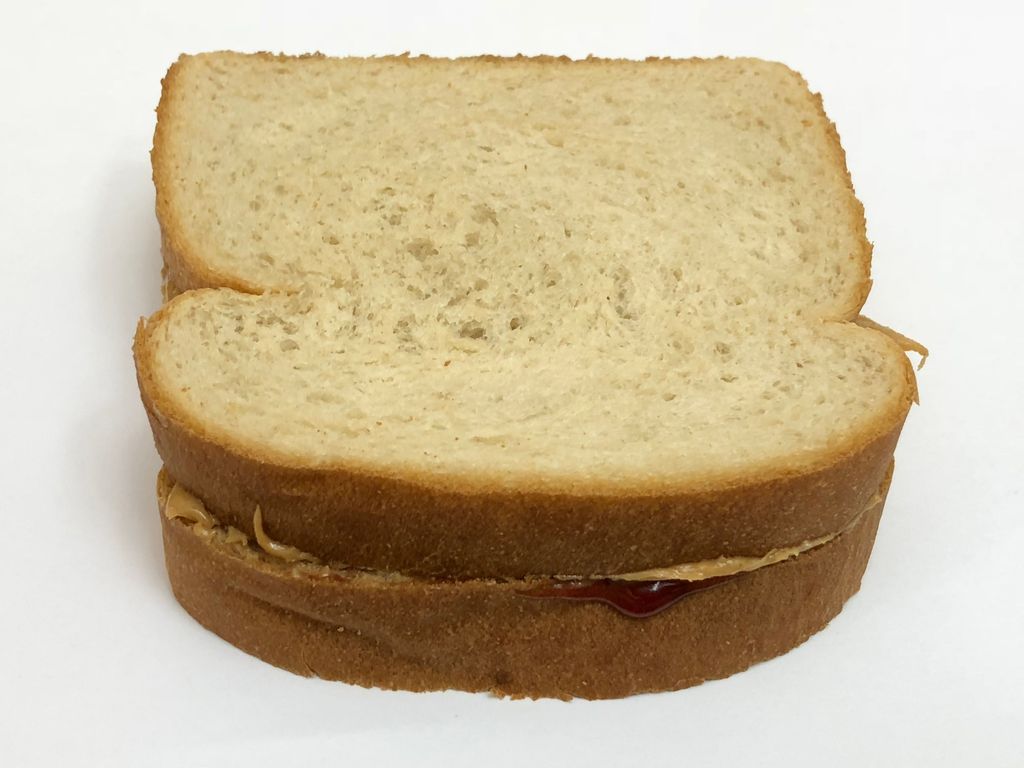
2. **White bread**For many, white bread is a staple, a comforting presence on the breakfast table, in lunch sandwiches, or alongside dinner. Its soft texture and mild taste make it incredibly versatile and a go-to for countless meals. However, beneath its seemingly innocuous appearance lies a truth that nutritionists and doctors are increasingly urging us to confront: this beloved refined carbohydrate can be a silent saboteur of your youthful vigor, contributing significantly to accelerated aging.
The primary concern with ‘refined carbs, such as white bread,’ stems from their rapid digestion and absorption into your bloodstream. Unlike whole grains, which retain their fiber and nutrients, white bread has been stripped of these beneficial components. This lack of fiber means your body quickly converts these carbohydrates into glucose, leading to a swift and often dramatic spike in blood sugar levels after consumption.
These repeated surges in blood sugar don’t just affect your energy levels; they trigger a detrimental process within your body. High levels of glucose interact with proteins and fats in a process called glycation, which ultimately ‘lead to the formation of advanced glycation end products (AGEs).’ As their name suggests, AGEs are compounds that are literally linked to aging, accumulating in tissues throughout your body and wreaking havoc on their structure and function.
These ‘AGEs… increase the risk of chronic diseases and speed up the aging process by causing inflammation in the body.’ Inflammation, often referred to as the silent killer, is a destructive force that can damage cells and tissues over time. When your body is in a state of chronic inflammation, it’s essentially in a constant battle, and this prolonged stress accelerates the breakdown of essential components like collagen and elastin, leaving your skin less firm, less elastic, and more prone to the visible signs of aging.
Read more about: Your Ultimate NYC Foodie Bucket List: 14 Must-Visit Restaurants That Are Absolutely Slaying the Culinary Scene!
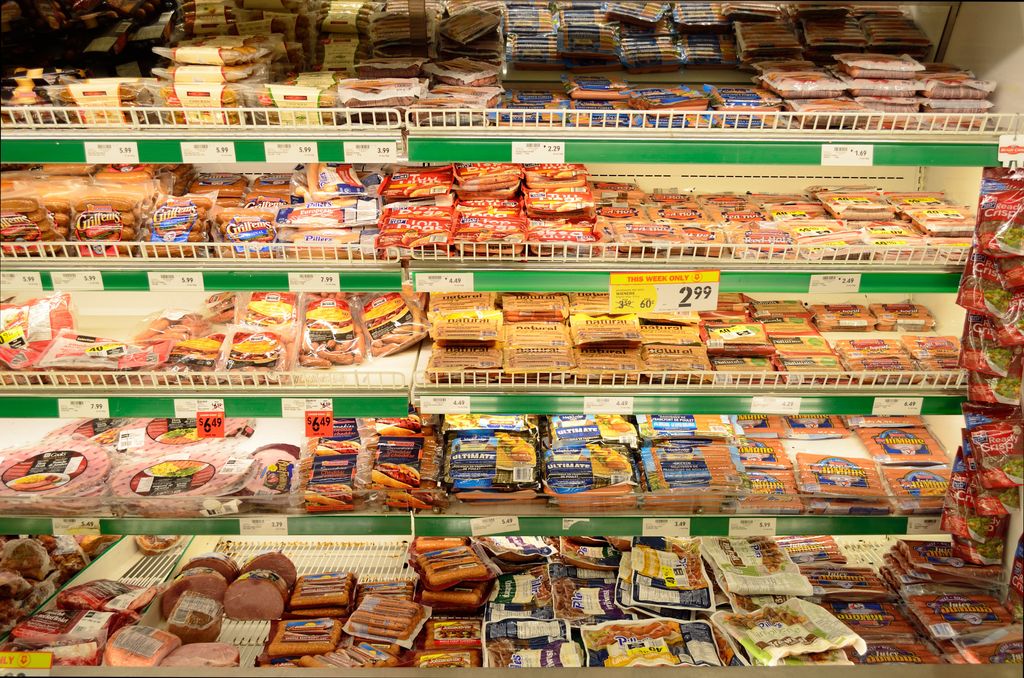
3. **Processed meats**From sizzling bacon on a Sunday morning to a quick pepperoni pizza slice or a classic hot dog at a ball game, processed meats are deeply ingrained in our culinary culture. They offer convenience, a burst of flavor, and often a nostalgic connection to comfort food. Yet, these popular choices come with a significant downside for your health and, surprisingly, for how quickly you show signs of aging. Doctors are now explicitly pointing out that ‘processed meats such as sausage, bacon, and pepperoni are harmful to your skin.’
What makes these convenient protein sources so problematic? It’s a cocktail of specific ingredients used in their curing and preservation. Processed meats ‘contain sulfite, saturated fat, and sodium,’ each playing a distinct, negative role. Sulfites, often used as preservatives, can be inflammatory, while the high saturated fat content contributes to systemic inflammation and can impair healthy blood flow, which is crucial for nutrient delivery to your skin cells.
Perhaps most notably, the ‘sodium’ content in processed meats is notoriously high. While sodium is essential for bodily functions, excessive intake is a major culprit in dehydration. These components combined can actively ‘dehydrate the skin,’ stripping it of the vital moisture it needs to stay plump, smooth, and vibrant. Imagine your skin as a sponge; when it’s dehydrated, it loses its plumpness and becomes more susceptible to fine lines and wrinkles.
Furthermore, the combination of these ingredients can ’cause inflammation,’ not just internally, but visibly on your skin. This chronic inflammation creates an environment where ‘collagen in the process’ becomes compromised. Collagen, as we know, is the foundational protein that provides skin with its structural integrity and firmness. When collagen is loosened and damaged by inflammation, your skin loses its natural resilience, leading to sagging, premature wrinkles, and a less youthful appearance. It’s a stark reminder that what we eat has a direct impact on the very scaffolding of our skin.
Read more about: Fueling Your Golden Years: 7 Key Inflammatory Foods Seniors Need to Sidestep for Vitality
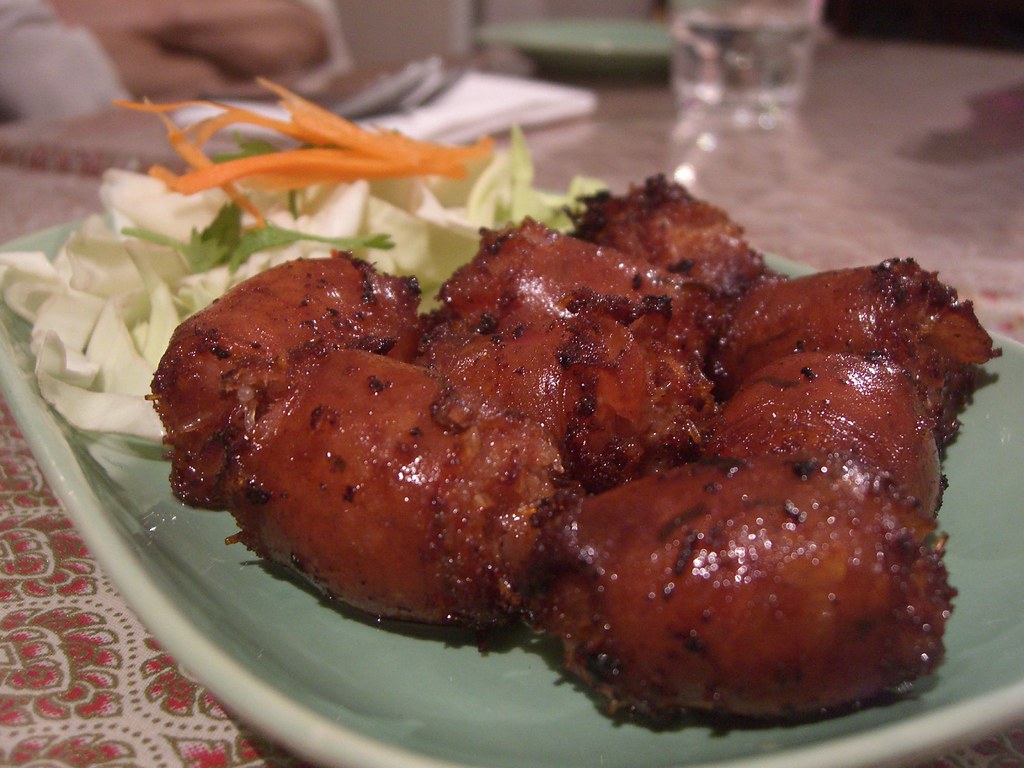
4. **Salty foods**Ah, salt! It’s the ultimate flavor enhancer, the secret ingredient that makes so many dishes sing. From crispy potato chips to savory sauces and seemingly everything in between, salt is an omnipresent force in our diets. And while ‘salt is essential to our bodies’ for nerve function, muscle contraction, and maintaining fluid balance, there’s a critical line where too much of a good thing turns detrimental, particularly for your skin and overall aging process. Doctors warn that ‘eating too much of it can cause dehydration and water retention.’
This might seem like a contradiction – dehydration and water retention simultaneously – but it’s a clever trick your body plays. When you consume an excess of salty foods, your body tries to balance the sodium concentration by holding onto water, leading to bloating and puffiness. However, this internal water retention doesn’t necessarily translate to hydrated skin. In fact, ‘regular consumption of salty foods can cause water loss from the skin,’ pulling moisture away from the surface where it’s most needed for a supple complexion.
Imagine your skin cells struggling to retain their precious hydration. When they lose water, they shrivel, contributing to a dull, tired appearance. This constant battle against dehydration directly ’causes it to age faster.’ Dehydrated skin is less resilient, less elastic, and much more likely to show every fine line and wrinkle prominently. It loses its youthful plumpness, making those tell-tale signs of aging appear more pronounced and prematurely.
So, while a pinch of salt is necessary and delicious, overdoing it on salty snacks, processed meals, and condiments could be inadvertently fast-forwarding your skin’s aging timeline. It’s a subtle yet powerful impact that can leave your complexion looking older and less vibrant than it should, making mindful consumption of sodium-rich foods a crucial step in your anti-aging strategy.
Read more about: Your Ultimate NYC Foodie Bucket List: 14 Must-Visit Restaurants That Are Absolutely Slaying the Culinary Scene!

5. **Spicy food**For many, life without a little kick is simply unthinkable. Spicy foods, from the fiery embrace of a chili pepper to the aromatic warmth of a curry, tantalize our taste buds and add an exciting dimension to our meals. There’s a certain thrill in that heat, a delicious challenge that passionate foodies eagerly embrace. However, for all its culinary excitement, doctors suggest that regularly indulging in very ‘spicy food can make your skin look red and blotchy,’ a sign that might point to accelerated aging.
The immediate effect of eating spicy food is often a flush, a warmth that spreads across your face, and sometimes even a bead of sweat. This isn’t just a fleeting reaction; it’s an indication that ‘the heat from the spice increases inflammation’ within your body. While acute inflammation is a natural protective response, chronic or frequent inflammation, even from dietary sources, can have lasting negative impacts on your skin’s health and appearance over time.
This heightened state of inflammation, particularly when it occurs repeatedly, doesn’t just make your face temporarily red. It can trigger and ’cause flare-ups of acne,’ especially for those already prone to breakouts, intensifying existing skin conditions and hindering the skin’s ability to heal and maintain a clear, even tone. The redness and blotchiness become more than just a temporary flush; they can evolve into persistent issues.
Crucially, this inflammatory response doesn’t stop at surface-level irritation; it can ‘accelerate the aging process.’ Chronic inflammation contributes to the breakdown of collagen and elastin, the very proteins responsible for keeping your skin firm, smooth, and youthful. By weakening these essential structures, regularly eating very spicy foods can inadvertently lead to premature wrinkles, loss of elasticity, and a complexion that appears older than its years. So, while the spice might awaken your palate, it could be doing the opposite for your skin’s youthful vitality.
Ready to continue our deep dive into the foods that might be secretly fast-forwarding your body’s clock? We’ve already unveiled five common culprits, and now it’s time to shine a light on the next batch of everyday items that doctors say can contribute to accelerated aging. Get set to empower yourself with knowledge and make even smarter choices for a vibrant, youthful you!
Read more about: Your Ultimate NYC Foodie Bucket List: 14 Must-Visit Restaurants That Are Absolutely Slaying the Culinary Scene!
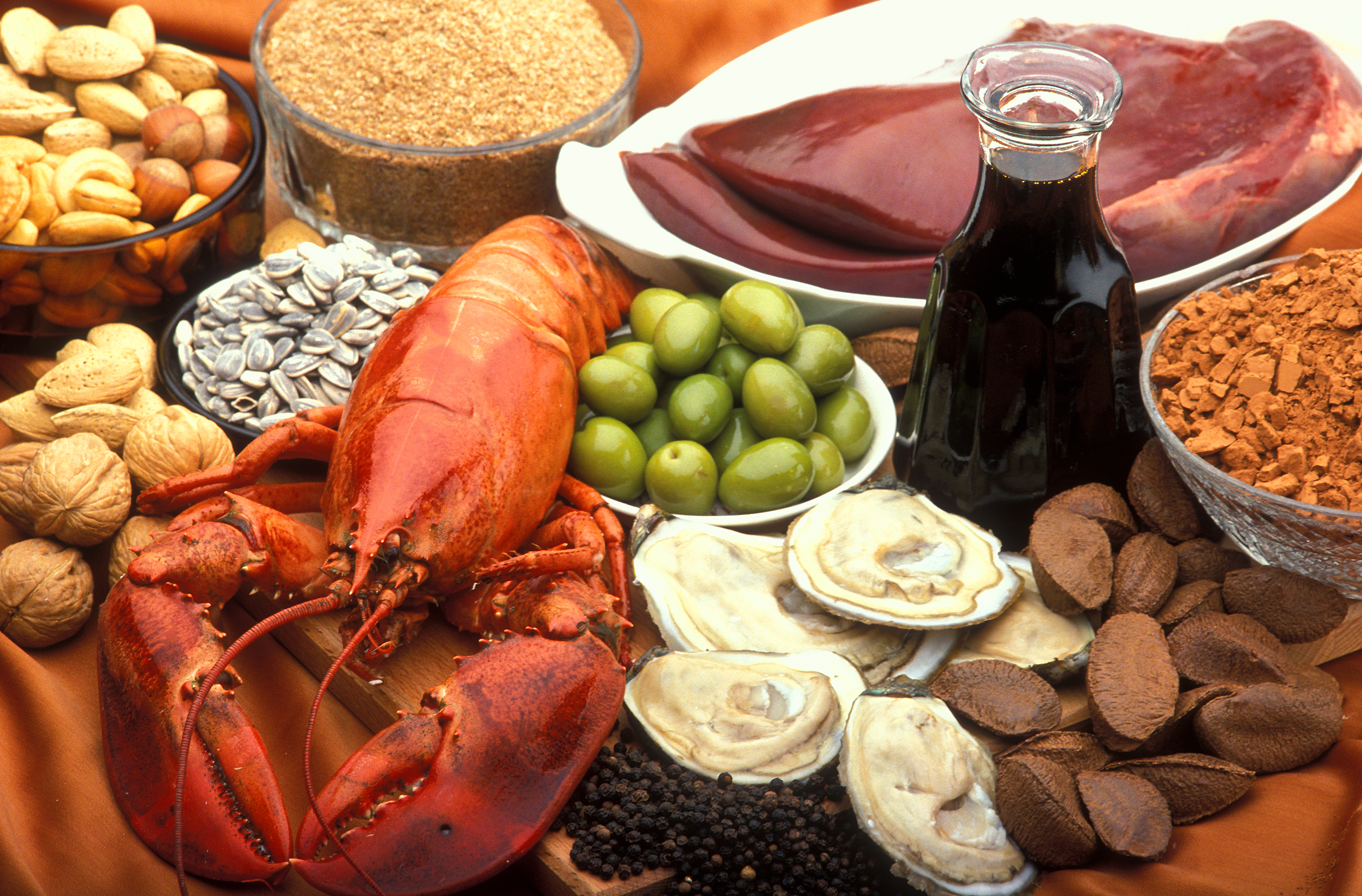
6. **Sugary foods**Who doesn’t love a sweet treat now and then? From a comforting slice of cake to an indulgent chocolate bar, sugary foods are woven into the fabric of our celebrations and daily pick-me-ups. They offer a burst of energy and a momentary sense of bliss, making them incredibly hard to resist. Yet, behind that sweet facade lies a less-than-sweet truth about their impact on your skin and overall youthfulness.
Doctors and nutrition experts are increasingly vocal about the detrimental effects of sugar, specifically ‘refined sugar.’ This sweet villain ’causes inflammation and damages both collagen and elastin, both of which keep your skin supple and youthful.’ Think of collagen and elastin as the essential scaffolding that keeps your skin firm, smooth, and bouncy. When sugar attacks these vital proteins, it’s like weakening the very structure of your skin.
The damage inflicted by refined sugar contributes to a process similar to what we discussed with white bread: glycation. When excess sugar in your bloodstream attaches to proteins, it forms advanced glycation end products (AGEs), which stiffen tissues and promote oxidative stress. This internal havoc manifests externally, gradually stealing your skin’s natural elasticity and firmness.
Beyond the visible signs on your skin, it’s also important to remember that ‘eating too much sugar can also cause weight gain and other health problems.’ This accumulation of internal stress and systemic inflammation from excessive sugar consumption creates an environment where your body struggles to maintain its youthful vitality. So, the next time you reach for that sugary snack, consider the long-term impact on your glow.
Read more about: Your Ultimate NYC Foodie Bucket List: 14 Must-Visit Restaurants That Are Absolutely Slaying the Culinary Scene!
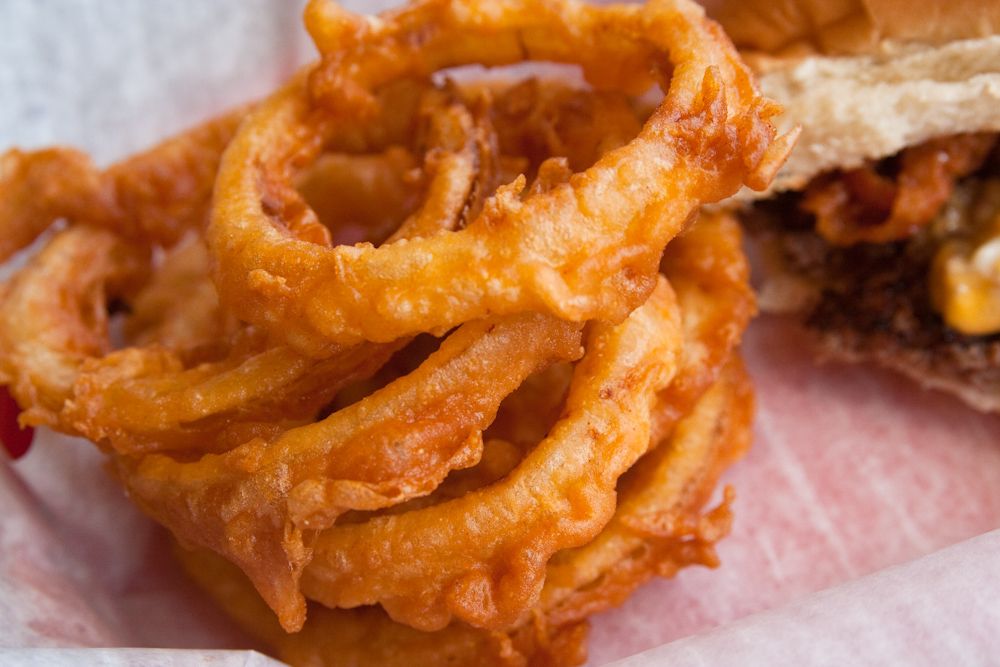
7. **Trans fats**Fast food and processed snacks have become an undeniable part of modern life for many, offering convenience and often a burst of flavor that’s hard to replicate at home. We grab them on the go, often without a second thought about what goes into making them so palatable and shelf-stable. However, doctors are now revealing a hidden ingredient in many of these items that could be quietly speeding up your body’s aging process: trans fats.
These sneaky fats are typically found in abundance in ‘fast food and junk food.’ They are particularly problematic because they ‘stiffen or constrict the arteries and blood vessels.’ Imagine the intricate network of tiny highways that deliver vital nutrients and oxygen to every cell in your body, especially your skin. When these pathways become rigid and narrow, the flow of essential life-giving elements is severely compromised.
This impaired circulation has direct and visible consequences for your complexion. By ‘reducing blood supply to the skin,’ trans fats directly ’cause premature aging and wrinkles.’ Healthy, youthful skin relies heavily on a consistent and robust supply of blood to bring nourishment and carry away waste products. When this supply diminishes, skin cells become deprived, leading to a duller appearance, decreased resilience, and the accelerated formation of fine lines.
The impact of trans fats goes beyond just surface-level wrinkles. The constriction of blood vessels affects overall cardiovascular health, which is intricately linked to skin vitality. Protecting your arteries and ensuring efficient blood flow throughout your body is a fundamental step in preserving a youthful complexion and safeguarding your long-term well-being. Opting for whole, unprocessed foods is a fantastic way to steer clear of these age-accelerating fats.
Read more about: Seriously, What Happened? 12 Once-Beloved Foods Americans Just Don’t Eat Anymore (And Why We Kinda Miss ‘Em)
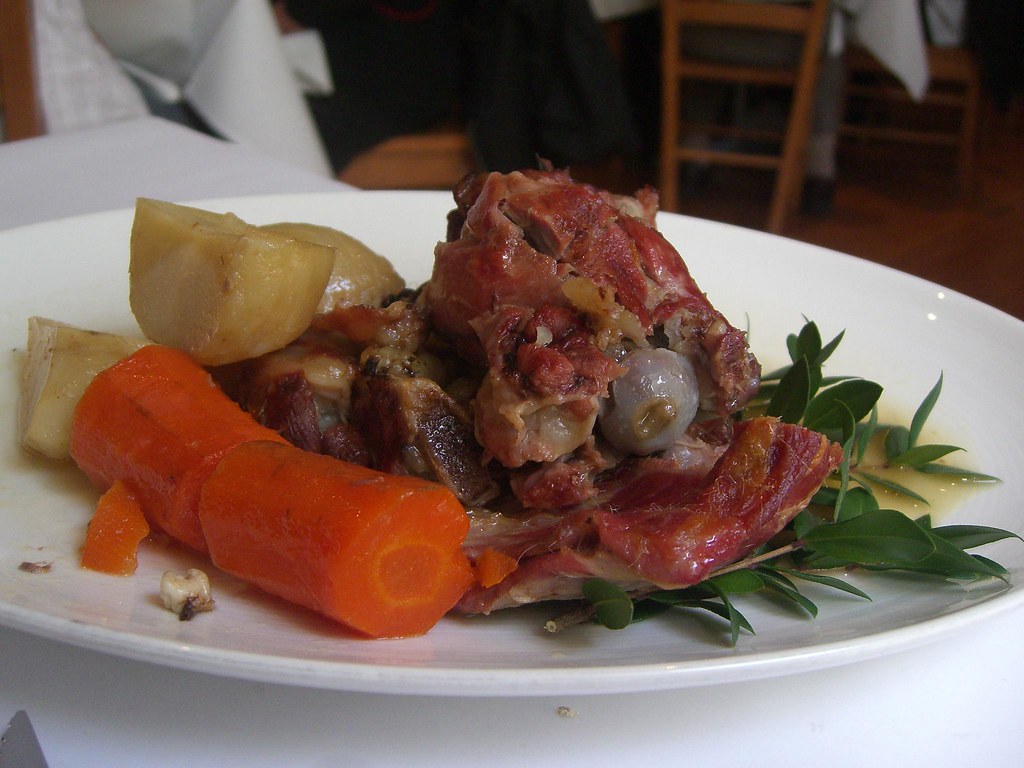
8. **Charred meat**There’s nothing quite like the irresistible aroma and smoky flavor of perfectly grilled meat, is there? Summer barbecues and sizzling steaks are culinary traditions we often look forward to. That crispy, slightly blackened exterior often signals a delicious meal ahead. However, medical experts are now raising concerns that while the taste might be divine, that char on your meat could be silently contributing to accelerated aging.
The issue lies in the compounds formed when meat is cooked at very high temperatures, especially when it becomes blackened or ‘charred.’ This process generates ‘pro-inflammatory hydrocarbons, which are harmful to your health.’ These substances aren’t just an unpleasant byproduct; they are active agents that can trigger inflammatory responses within your body, setting off a cascade of events detrimental to your cellular health.
These harmful hydrocarbons directly ’cause the breakdown of collagen in the body.’ We’ve talked about collagen before, and for good reason—it’s the structural protein that gives your skin its strength, firmness, and smooth texture. When this vital protein is attacked and broken down, your skin loses its supportive framework, becoming more prone to sagging and the development of lines.
The visible outcome of this internal process is often ‘premature aging.’ Your skin, deprived of its essential collagen, struggles to maintain its youthful plumpness and elasticity. So, while a little char might seem innocent enough, regularly consuming heavily charred meats could be inadvertently chipping away at your skin’s resilience, making it appear older than its years. Enjoy your grilled favorites, but perhaps consider trimming off those overly blackened bits.
Read more about: Unleashing Your Inner Foodie: Yelp’s Top 14 All-You-Can-Eat Restaurants, State by State

9. **Caffeine**For many of us, the day simply doesn’t begin until that first glorious sip of coffee. The comforting ritual, the stimulating aroma, and the undeniable jolt of energy make caffeine a cherished part of our morning routines and afternoon boosts. It’s a staple for powering through busy schedules. But as beloved as it is, doctors suggest that too much of this daily habit might be subtly impacting your youthful glow.
The key concern with caffeine is its nature as ‘a diuretic, meaning it causes you to expel fluids.’ While moderate consumption is generally fine, especially if you’re adequately hydrated otherwise, an over-reliance on coffee can lead to an imbalanced fluid state. Essentially, your body works harder to excrete water, potentially leaving less available for critical functions, including keeping your skin plump and supple.
This diuretic effect means that ‘drinking too much coffee can cause some degree of dehydration.’ And what does dehydrated skin look like? It often appears ‘dry, dull-looking,’ and can even emphasize fine lines and wrinkles that would be less noticeable on well-hydrated skin. Imagine a plum versus a prune – the difference in appearance is largely due to water content, and your skin is no different.
The good news is that you don’t necessarily have to break up with your beloved brew entirely! Experts suggest a simple counter-measure: ‘Try to limit your coffee consumption and make sure to drink an additional glass of water for each cup of coffee.’ This mindful approach can help mitigate the dehydrating effects, allowing you to enjoy your caffeine fix without inadvertently accelerating the visible signs of aging on your skin.
Read more about: Unclogging the System: 14 Expert-Backed Drinks for Instant Constipation Relief

10. **Alcohol**Whether it’s a celebratory glass of wine, a relaxing beer after a long day, or a cocktail with friends, alcohol is deeply ingrained in many social and personal routines. It can be a source of enjoyment and connection. However, what often goes unmentioned in these moments is alcohol’s profound impact on your internal systems and, consequently, on how quickly your body and skin can show signs of aging.
Doctors highlight that ‘alcohol causes toxins to build up in your body, especially when you drink on a regular basis.’ Our bodies are incredibly adept at detoxification, with the liver playing a starring role. But when alcohol is consumed frequently, it overwhelms these natural processes, leading to an accumulation of harmful substances that our systems struggle to process efficiently.
This sustained burden can ‘damage your liver, which hinders its ability to filter and remove toxins in your body.’ The liver is essentially your body’s main purification plant, and if it’s compromised, toxins recirculate. This means that instead of being flushed out, these aging culprits remain in your system, impacting various organs and tissues, including your largest organ: your skin.
When these ‘toxins accumulate,’ the consequences for your skin can be quite visible. They ‘can lead to problems such as acne, loss of collagen and elasticity, and dry skin.’ This means a complexion that lacks its natural luster, shows more breakouts, and loses the firmness and smooth texture that signify youth. So, while a drink might offer momentary pleasure, regular consumption can leave a lasting, unwelcome mark on your skin’s vitality.
Read more about: Fueling Your Golden Years: 7 Key Inflammatory Foods Seniors Need to Sidestep for Vitality
And there you have it – the full rundown of 10 everyday foods and drinks that doctors say could be secretly accelerating your aging process. It’s a lot to take in, but remember, knowledge is power! Our bodies are incredibly resilient, and making small, informed adjustments to our diets can have a monumental impact on our health and how vibrantly we age. It’s not about strict deprivation, but about mindful choices that nourish your body from the inside out, helping you maintain that youthful glow and energetic spirit for years to come. Here’s to eating smart and aging beautifully!



